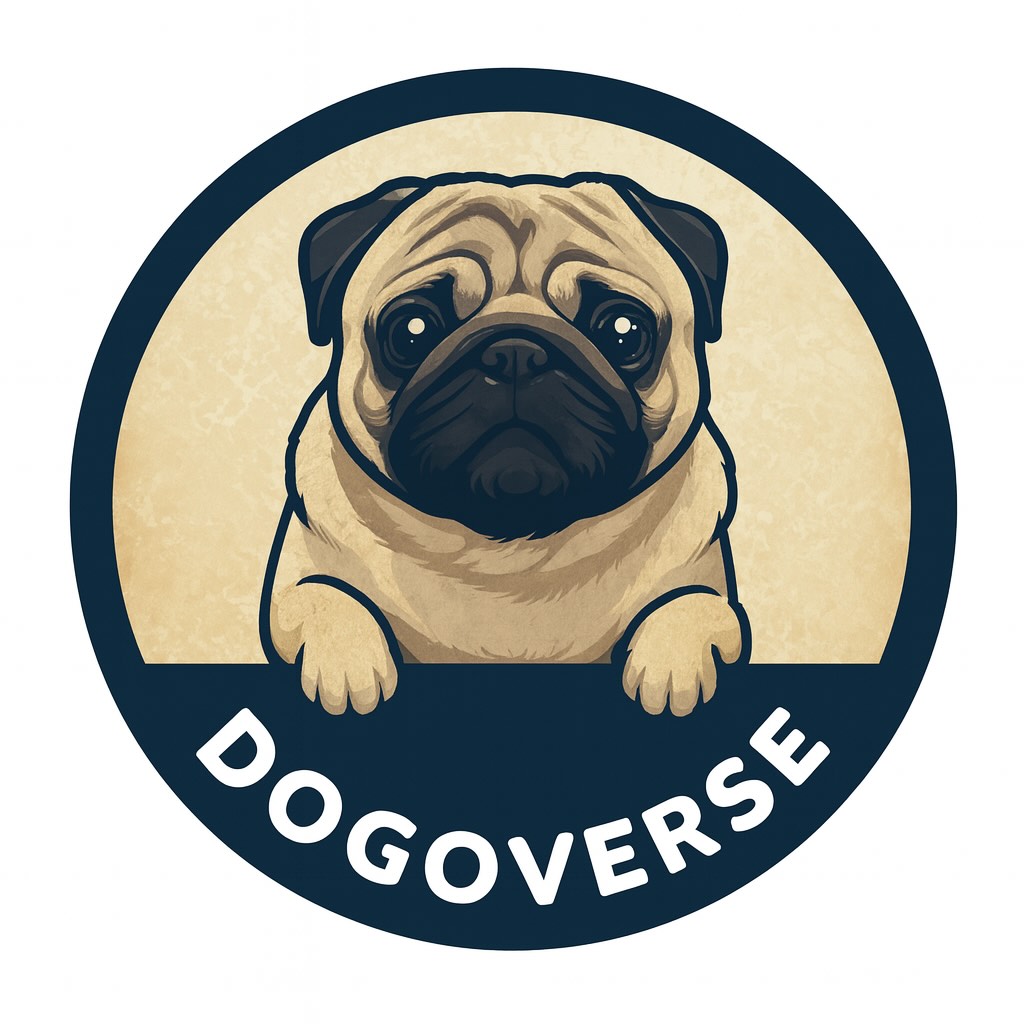🐾 Senior Dog Care & Comfort
Understanding Your Senior Dog
Dogs are considered seniors around age 7 (for large breeds, even earlier). With aging comes reduced energy, vision/hearing loss, weaker joints, and changes in behavior or appetite. But with proper love and care, senior dogs can enjoy happy, peaceful lives.

Common Health Concerns
- Arthritis and joint stiffness
- Loss of hearing or vision (cataracts, blindness)
- Dental issues, gum infections
- Kidney, liver or heart diseases
- Weight gain or loss
- Cognitive dysfunction (confusion, anxiety, memory loss)
- Tumors or cancerous growths
Senior Dog Essentials
- Senior Dog Food: Low-fat, high-fiber diets with joint supplements (glucosamine/chondroitin)
- Soft Bedding: Orthopedic beds to reduce joint pressure
- Easy Access: Ramps for stairs, non-slip floors, easy-access water bowls
- Gentle Exercise: Slow walks and indoor play for mobility maintenance
- Regular Vet Visits: Blood tests, organ screening every 6 months
- Dental Hygiene: Brushing teeth or using dental chews/treats
Emotional Care
- Talk to them more — they might hear less, but feel more
- Keep routines predictable to reduce confusion
- Play soft music or leave lights on at night for comfort
- Use gentle massages to ease joint pain and anxiety
- Show extra love — they crave more attention and closeness
End-of-Life Support
Senior dogs may eventually need hospice-style care. Make them feel loved and pain-free:
- Talk to your vet about palliative care or pain management
- Celebrate memories with photos, paw prints, or videos
- Discuss respectful cremation or burial services in advance
- Let them pass peacefully — with dignity and love
Old dogs don’t need less — they need more of you. ❤️
